Blood moon: rare lunar eclipse and supermoon in pictures
Millions of people around the world enjoyed the rare celestial event that sparked doomsday fears
A free daily email with the biggest news stories of the day – and the best features from TheWeek.com
You are now subscribed
Your newsletter sign-up was successful
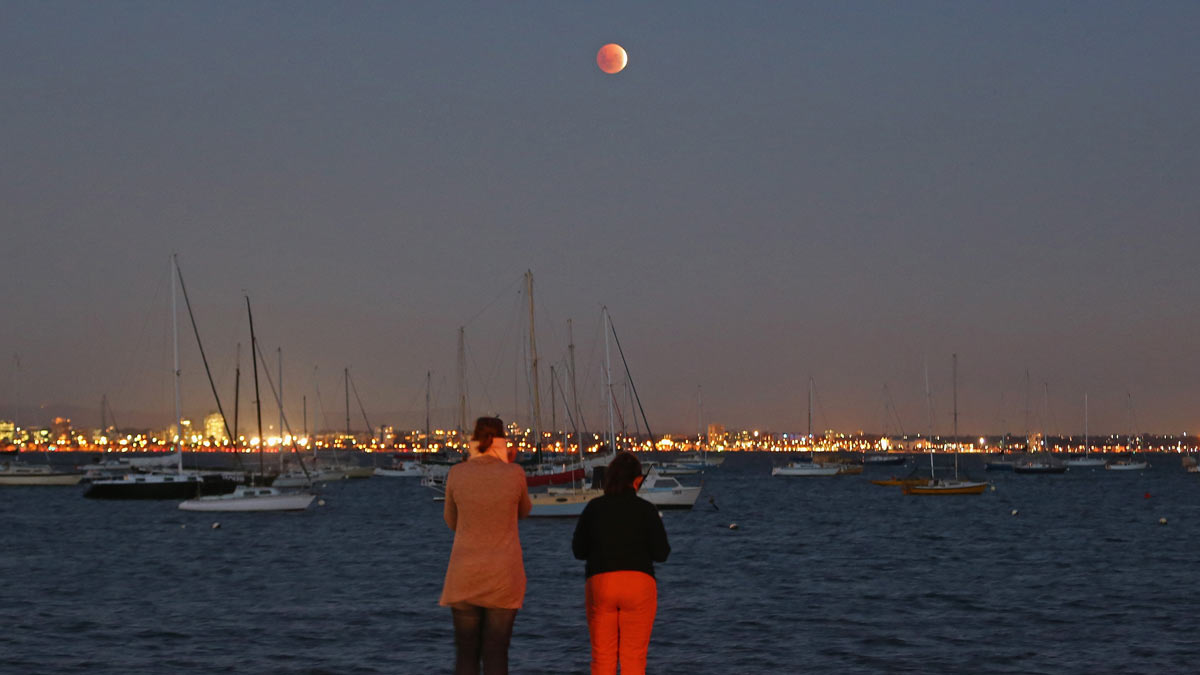
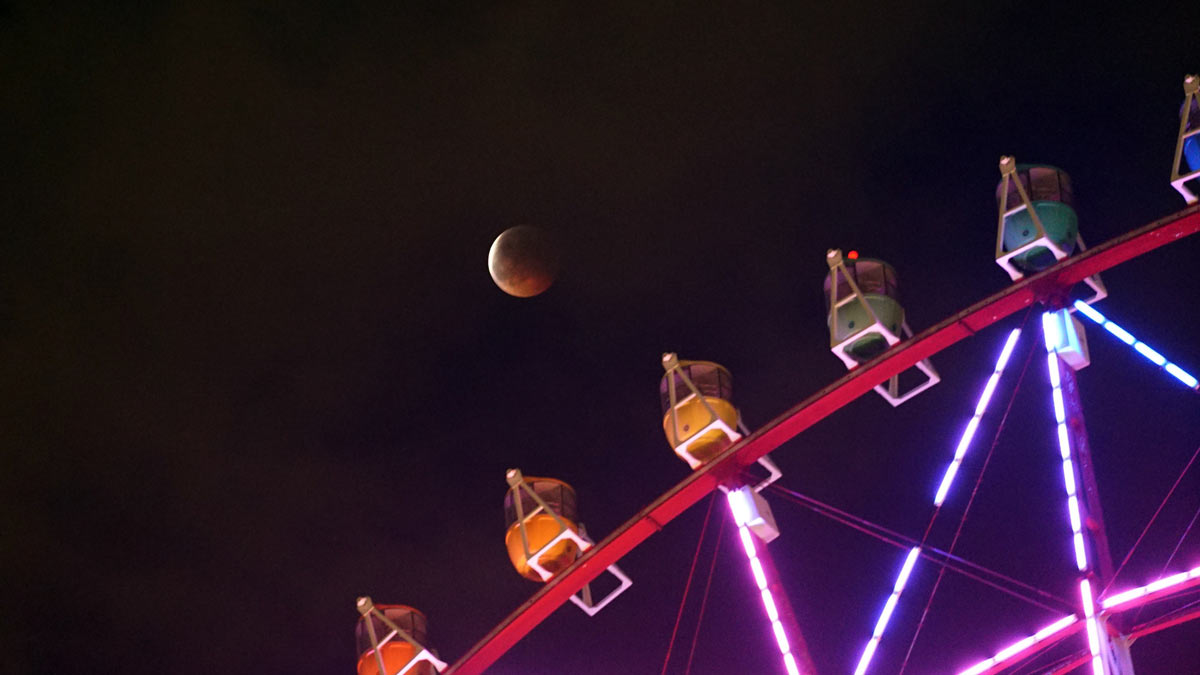
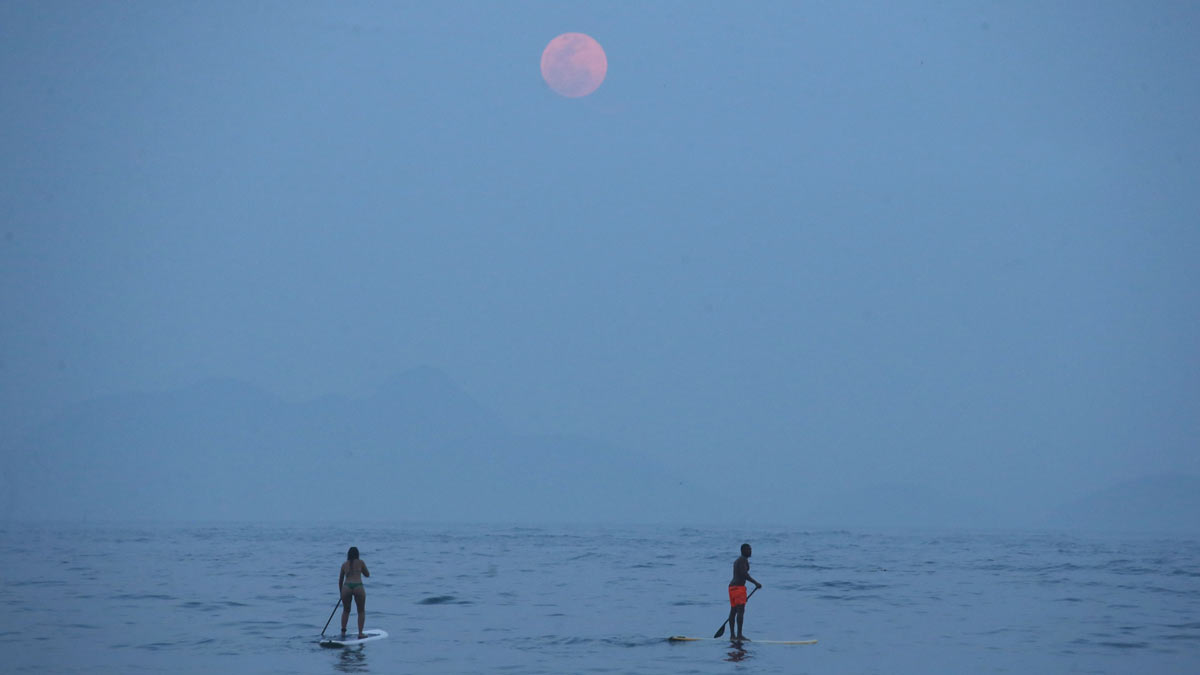
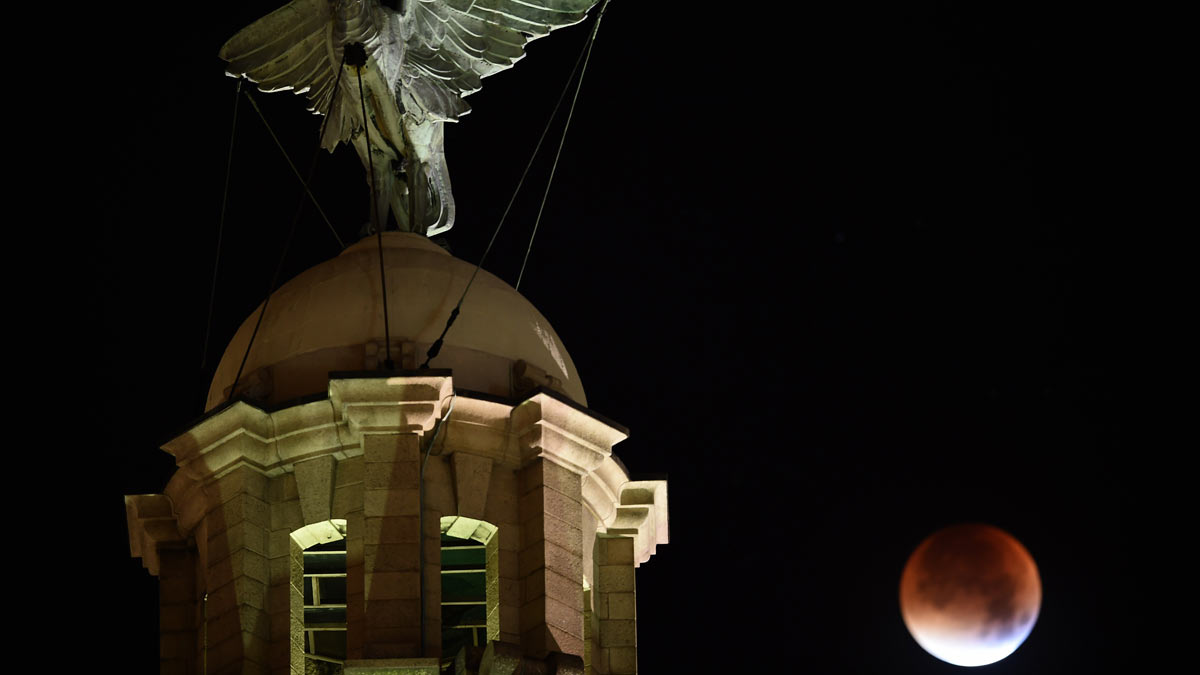
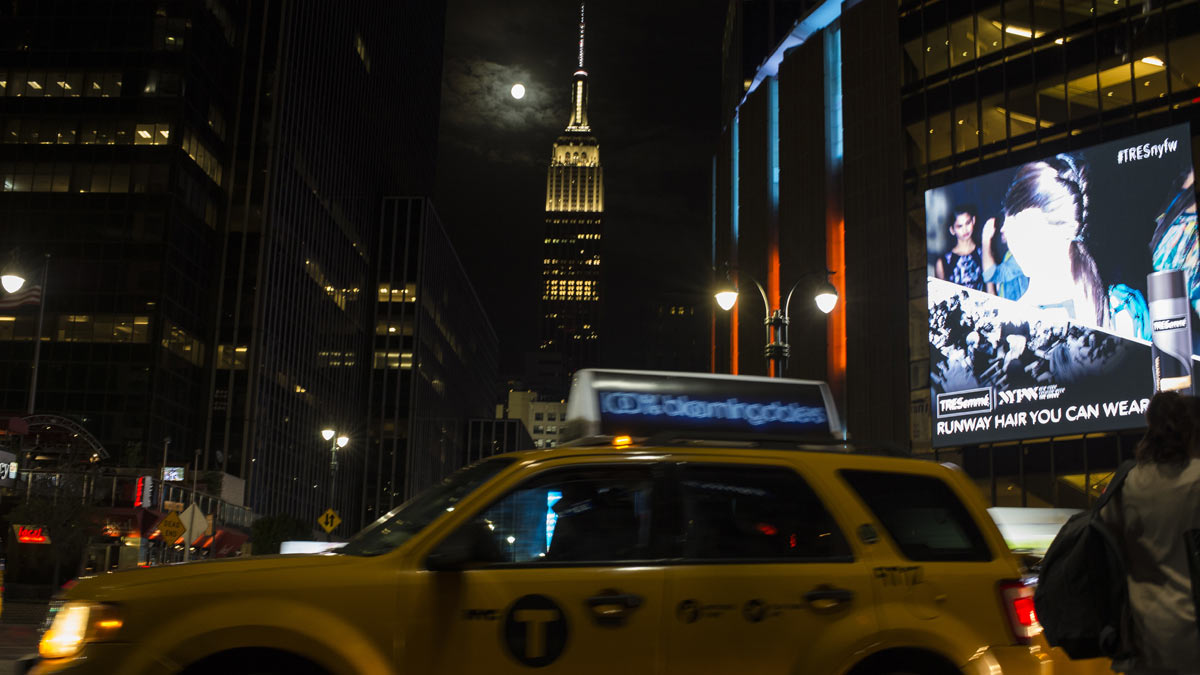
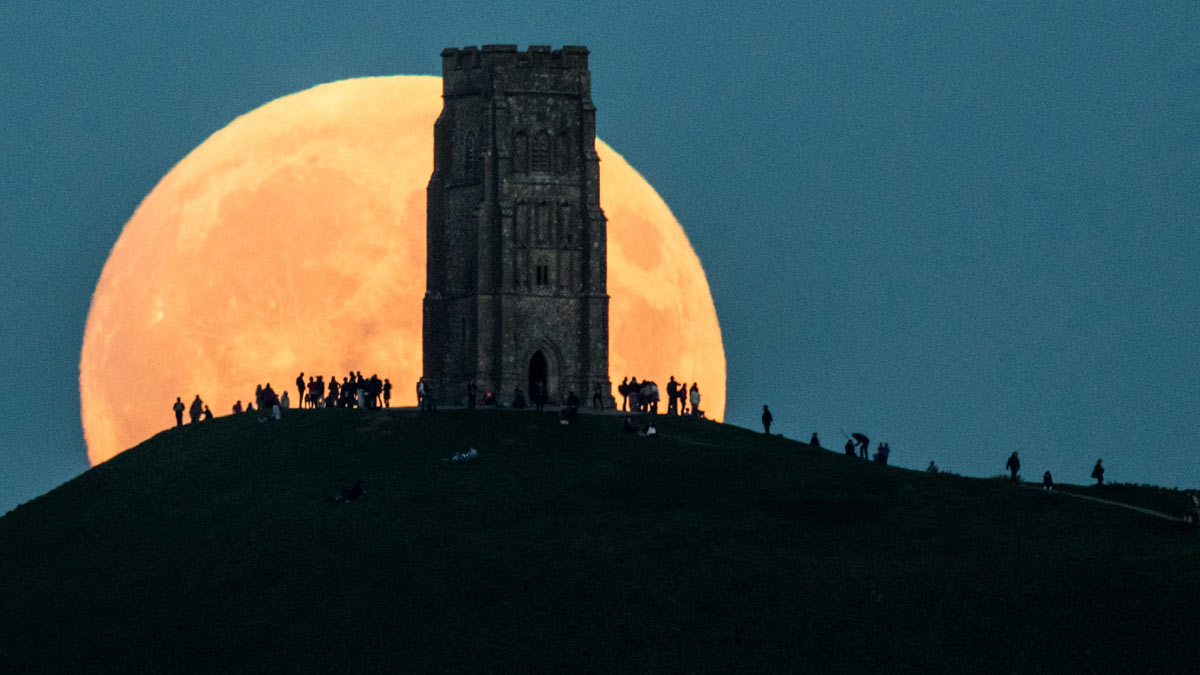
Sky watchers around the world were treated to a rare lunar event last night, when a supermoon coincided with a total lunar eclipse to produce a 'blood moon'.
What made this eclipse particularly unusual was that it occurred when the moon was at its closest point to Earth in its elliptical orbit and therefore appeared abnormally large and bright in the sky, says Space.com. This so-called "supermoon" was the first since 1982 and it won't be seen again until 2033.
The rare lunar event occurred in the early hours of Monday morning and has been dubbed a blood moon due to the copper hue of sunlight that still reaches Earth's largest satellite. The exact shade the moon appeared varied considerably around the world due to varying atmospheric conditions. [[{"type":"media","view_mode":"content_original","fid":"84872","attributes":{"class":"media-image"}}]]
The Week
Escape your echo chamber. Get the facts behind the news, plus analysis from multiple perspectives.

Sign up for The Week's Free Newsletters
From our morning news briefing to a weekly Good News Newsletter, get the best of The Week delivered directly to your inbox.
From our morning news briefing to a weekly Good News Newsletter, get the best of The Week delivered directly to your inbox.
"That red light shining onto the moon is sunlight that has skimmed and bent through Earth's atmosphere: that is, from all the sunrises and sunsets that ring the world at any given moment," Alan MacRobert from Sky and Telescope magazine told USA Today.
Due to largely clear skies across the UK, photographers were able to capture stunning images of the eclipse. Unlike solar eclipses, there was no need for any special equipment and good photos could even be taken on a smartphone, says The Independent.
More than half of the planet was able to witness the rare phenomenon, as it was visible in North and South America, Europe, Africa, parts of West Asia and the eastern Pacific. The eclipse lasted 1 hour and 11 minutes, beginning at 03.11 am BST and peaking at 3.47 am.
The celestial event prompted wild doomsday fears linked to biblical prophesies, with some Christian groups claiming that the event signalled the imminent end of the world because it was the fourth lunar eclipse (also known as a "tetrad") since April 2014.
A free daily email with the biggest news stories of the day – and the best features from TheWeek.com
According to some religious leaders, this unusual event relates to a passage in the Bible in Joel 2:31 which reads: "And I will shew wonders in the heavens and in the earth, blood, and fire, and pillars of smoke. The sun shall be turned into darkness, and the moon into blood, before the great and terrible day of the Lord come."
Another passage in Acts 2:20 carries a similar prophesy, they say. "The sun will be turned to darkness and the moon to blood before the coming of the great and glorious day of the Lord."
Throughout history, these rare lunar events have also been associated with major global events and disasters, the Daily Telegraph reports. A tetrad in 1943 marked the expulsion of the Jews by the Catholic Spanish inquisition, while another in 1967 coincided with the Arab-Israeli Six-Day War.
Earlier this month, Nasa took the unusual step of responding to fears that life on earth is about to be wiped out by a comet. "[We] know of no asteroid or comet currently on a collision course with Earth, so the probability of a major collision is quite small," a Nasa spokesperson said.
"In fact, as best as we can tell, no large object is likely to strike the Earth any time in the next several hundred years."